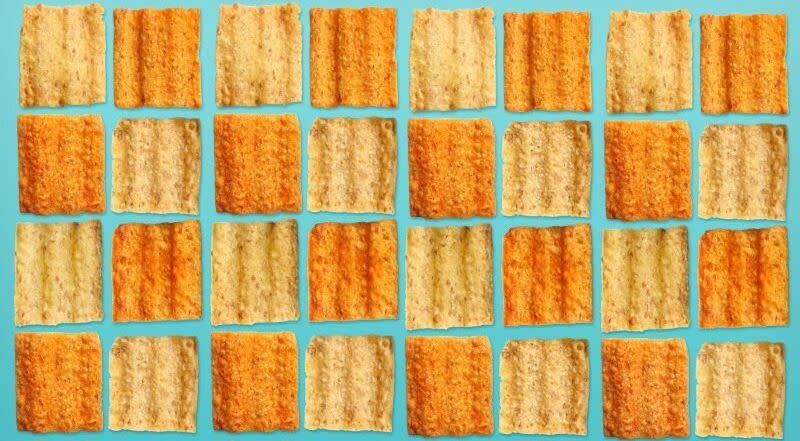SunChips’ Failed Noisy Compostable Packaging Gets The Last Laugh

Nearly 10 years ago, I too giggled at the horrendous sound a package of SunChips made in my hands.
It was an exceptionally loud, metallic crinkle. A sound so spectacular and un-chip-bag-like that TV producers made the “world’s first 100 per cent compostable chip bag” the butt of jokes for weeks.
Introduced in spring 2010, the compostable bag quickly gained more notoriety for its volume than its plant-based material. Its 95-decibel crunches were compared to a running motorcycle engine — loud enough to potentially damage your hearing. People created sassy Facebook communities including “SORRY BUT I CAN’T HEAR YOU OVER THIS SUN CHIPS BAG,” which still has nearly 40,000 members despite being inactive.
SunChips’ parent company Frito-Lay had been experimenting with compostable packaging at the time to address concerns about the environment. One former executive, looking through a business lens, framed the problem as “branded litter.”
Watch the ad campaign before the bag’s 2010 launch. Story continues below video.
The company’s solution was to make a chip bag from more than 90 per cent plant-based polylactic acid, a polymer that used fermented plant starch commonly extracted from corn. Ad campaigns boasted that it could decompose within 14 weeks of being tossed in an active compost pile — lifetimes short of the expected 400 years it would take to break down a similar package made from petroleum-based plastic.
It was revolutionary. And it failed spectacularly.
Four years of research had gone into the compostable chip bag. It was a laudable advancement in snack bag technology. But fans of the wavy, square-ish multigrain chip simply couldn’t get over how loud it was. It didn’t last two years on North American store shelves.
Perhaps the bag was just ahead of its time. With the mainstream arrival of eco-anxiety, a term the American Psychological Association defines as “chronic fear of environmental doom,” I wanted to find out why the...



